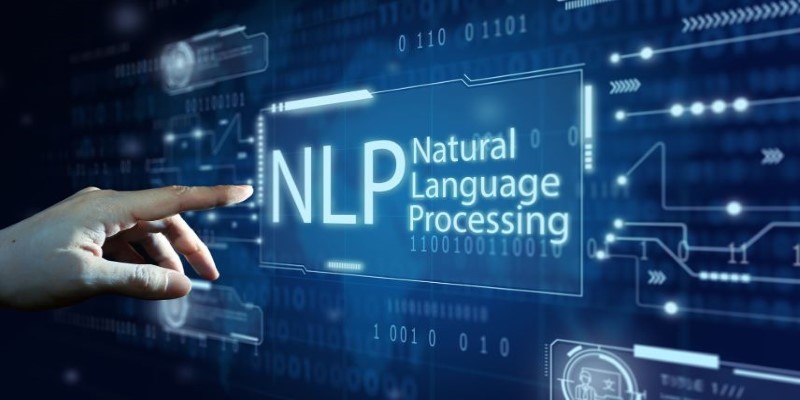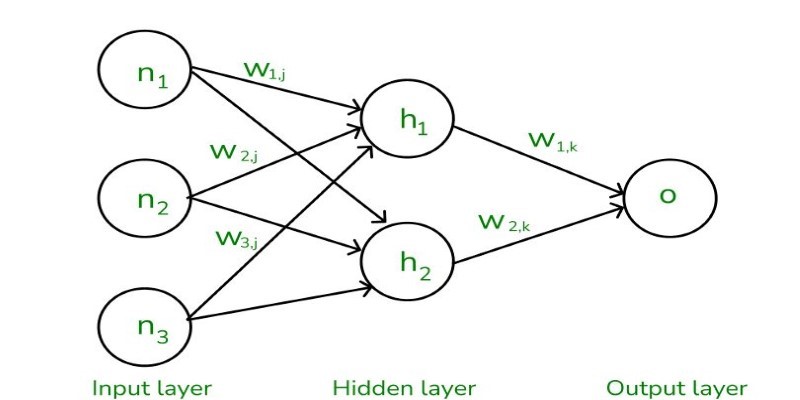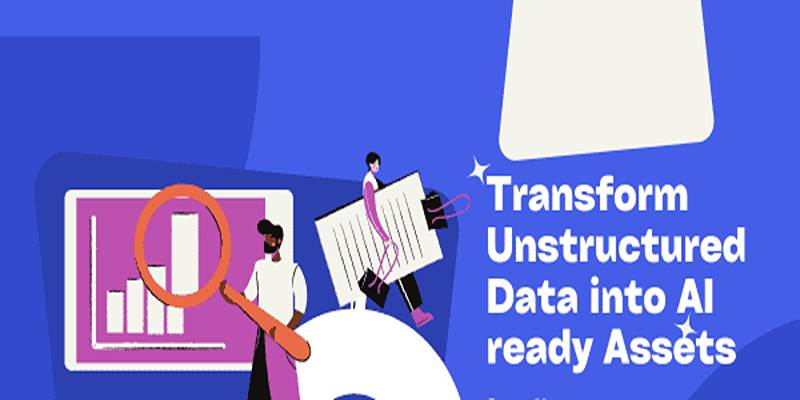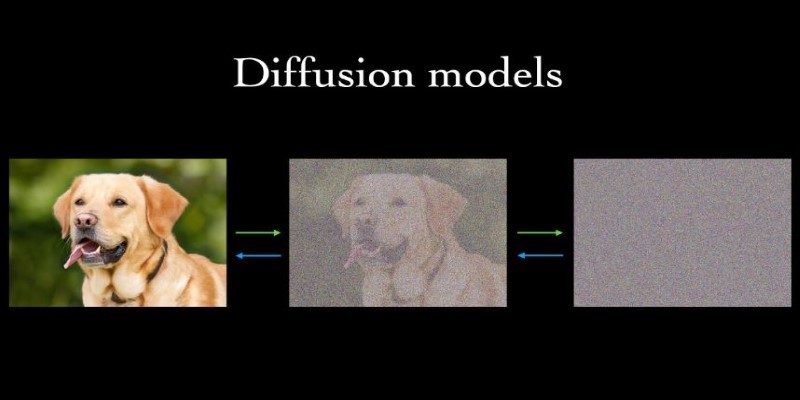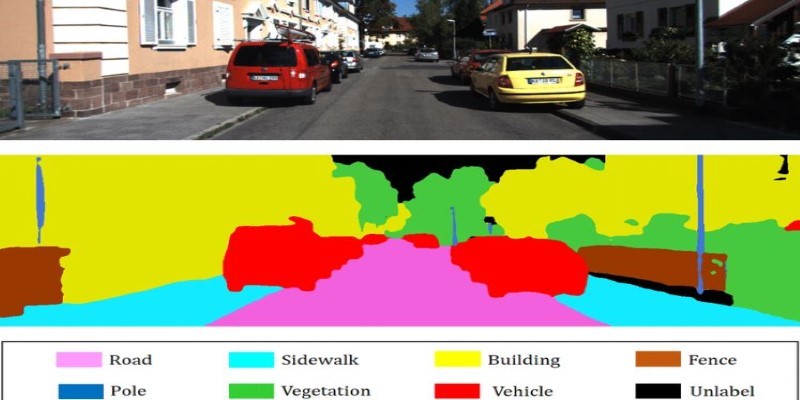Artificial intelligence is developing quickly. Though many people wish to understand AI and ChatGPT, they have no idea where to start. Easy access to study is made possible via free online courses. These free courses teach AI foundations and ChatGPT applications. These courses will help you grasp the foundations if you are fresh to artificial intelligence.
The finest thing is that starting requires no knowledge of coding. These classes address artificial intelligence ideas, practical engineering, and theoretical frameworks. They are ideal for beginners and those wishing to advance their AI skills. In a few weeks, you can rise from zero to expert. These five free AI and ChatGPT courses are among the best ones available. They will advance you from the beginner's level.
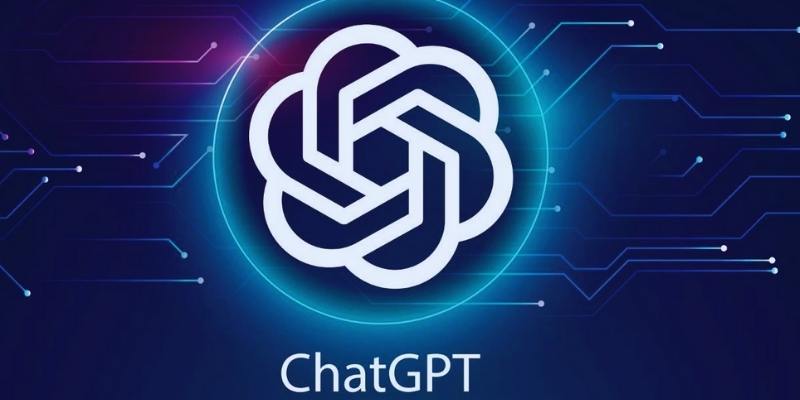
5 FREE Courses on AI and ChatGPT to Take You From 0-100
Below are five free courses that will help you understand AI and ChatGPT, from basic concepts to practical applications.
Introduction to AI by Coursera (offered by Stanford University)
Stanford University's Introduction to AI course on Coursera offers a good basis in artificial intelligence, which addresses fundamental AI ideas like machine learning, deep learning, and practical artificial intelligence uses. The course is taught by seasoned Stanford professors and designed for those without prior artificial intelligence knowledge. It highlights important issues like neural networks and artificial intelligence development and clarifies how different sectors use it. This course's main advantage for those from many backgrounds is that it does not demand programming knowledge, allowing access. It presents a neat and ordered method of grasping artificial intelligence. Some courses, meanwhile, may be technical, and the course does not include hands-on coding activities, which would not be perfect for someone seeking actual artificial intelligence experience. Beginners looking for a good theoretical grasp of artificial intelligence will find this course ideal overall. It offers insightful analysis from prominent AI leaders that help students understand the foundations before delving into more complex AI subjects.

ChatGPT Prompt Engineering for Beginners (by OpenAI and DeepLearning.AI)
OpenAI and DeepLearning's ChatGPT Prompt Engineering for Beginners training. AI aids students in developing successful cues for AI interactions. This course guides users in understanding ChatGPT's operations and maximizing responses by creating improved questions designed for novices. It is valuable for many uses since it clarifies methods for several jobs, including content production, brainstorming, and customer support. This course has several benefits: it is brief, simple to follow, and features useful activities. It lets users interact with ChatGPT to improve AI-generated responses, giving them practical knowledge. The course does not address complex artificial intelligence ideas or in-depth technical issues; it mostly emphasizes timely engineering. This course is perfect for anybody wishing to optimize ChatGPT's features without programming knowledge. It is a fantastic tool for novices who want to improve results from their prompts and learn how to interact with AI.
Elements of AI by the University of Helsinki
The University of Helsinki's Elements of AI course offers a novice a pleasant introduction to artificial intelligence. It addresses fundamental AI ideas, moral issues, and practical uses in many sectors. This course simplifies artificial intelligence concepts so anyone interested in knowing how AI operates may find it easily available and designed for non-technical students. This course offers one of the main benefits in that it does not call for any programming knowledge. It addresses ethical concerns about artificial intelligence research and use and the influence of AI in society. However, for individuals wanting technical knowledge, it does not offer hands-on AI projects or cover advanced artificial intelligence technologies, which could not be perfect. For those who wish to study how artificial intelligence shapes the world without learning intricate code, this course is ideal for novices overall. For anyone interested in the part artificial intelligence plays in business, healthcare, and technology, it is a great beginning point.
AI for Everyone by Andrew Ng (Coursera)
Designed for non-technical individuals seeking to grasp artificial intelligence, Andrew Ng's Coursera course, AI for Everyone, clarifies how companies may make good use of artificial intelligence and how it is revolutionizing several sectors. The course emphasizes the possibilities of artificial intelligence, its constraints, and how companies may create AI plans without requiring programming knowledge. Among its main advantages, this course offers simplicity and interesting content, and no prior AI knowledge is required. Professionals in business, executives, and everyone interested in how artificial intelligence influences society will find it ideal. However, it does not offer in-depth technical understanding or practical AI coding expertise for those wishing to create artificial intelligence models, which is not ideal. Professionals wishing to grasp AI ideas and their applications should consider this course. Without technical knowledge, it guides students in making wise decisions on accepting artificial intelligence in companies and enterprises.
Google’s Machine Learning Crash Course
A free initiative meant to expose students to the foundations of machine learning and AI is the Google Machine Learning Crash Course. It addresses basic ideas, including real-world applications, problem-solving strategies, and machine-learning model operation. The course offers interactive activities and instructive coding examples for anyone who wishes hands-on experience with artificial intelligence. Its main benefits are real-world case studies and instruction by Google AI professionals. It is perfect for students who wish to apply machine learning methods but only have a rudimentary programming understanding. However, beginners without prior coding knowledge may find some courses difficult since they cover technical ideas and Python programming. Those wishing to enhance their knowledge of machine learning will find this course excellent overall. It combines theory and experience to enable students to develop a strong basis in AI and data science applications.
Conclusion:
Artificial intelligence may be started quite well with these five free AI and ChatGPT courses. Both novices and experts would find them perfect since they cover everything from fundamental AI ideas to useful applications. These courses provide insightful analysis regardless of your interests—machine learning, improving ChatGPT interactions, or grasping AI theory. The nicest thing is that everyone can access and afford them. Structured courses and professional advice let you rapidly acquire artificial intelligence understanding without prior programming expertise.
